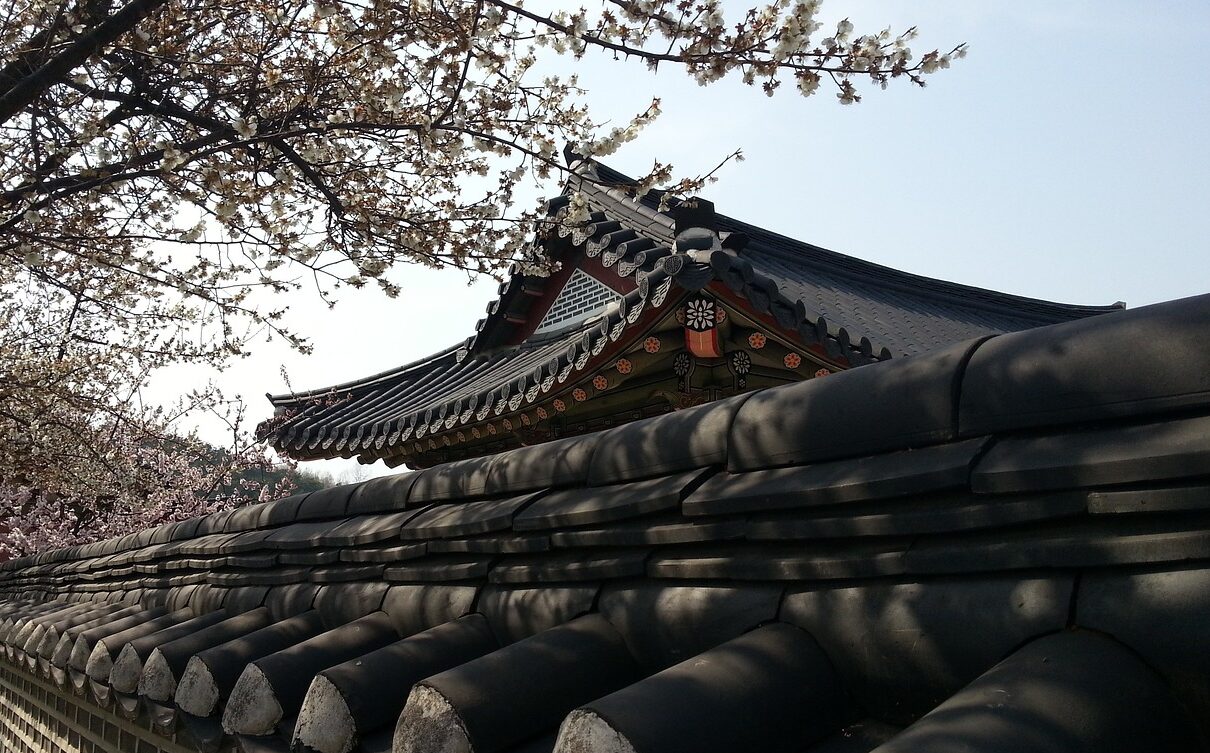Legal Tips for Foreigners in Korea (Part 1)
Traveling or living in Korea as a foreigner can be an exciting and rewarding experience, but it’s important to be aware of the legal landscape to avoid misunderstandings or unintended violations. This Part 1 guide explains key risks: visa limits, confrontations, defamation, and alcohol-related issues, and when to call an English speaking lawyer in Korea for clear, effective help.
Understand Your Visa Conditions
Each visa comes with specific conditions, such as restrictions on employment or limitations on the type of work you can do. Violating those conditions (e.g., working part-time on a tourist visa or freelancing while on a student visa) can carry significant consequences, including fines, deportation, and even a ban on future entry.
- Tip: Know exactly what your visa allows. Don’t rely on informal assurances, double-check with immigration or a legal expert.
Avoid Physical Confrontations
Even minor physical contact (e.g., a light reflexive touch during a heated discussion) can lead to assault charges in Korea. As foreigners can sometimes attract unwanted attention, particularly in social settings, it’s wise to be extra mindful.
- Tip: In any confrontational situation, your best course of action is to put aside your ego, de-escalate, and remove yourself from the situation. If an altercation occurs despite your efforts, gather evidence (photos, videos, witnesses) and seek legal help right away.
Online Posts & Korea’s Strict Defamation Laws
Defamation laws in Korea are strict. Even if what you say is true – unlike Western countries such as the U.S. – publicly sharing negative comments about a person or company can lead to both criminal and civil defamation complaints.
- Tip: Defamation in Korea includes both false and true statements if they harm someone’s reputation (in Korean legal parlance, defamation occurs when a statement, true or false, harms another’s external reputation, i.e., social assessment of an individual’s standing). Remember, even factually accurate statements can be problematic if they are deemed damaging to someone’s social standing.
Drinking in Korea: Boundaries and Criminal Risks
While Korean culture can be relatively accepting of social drinking, disorderly behavior while intoxicated, especially acts of violence or property damage, can lead to criminal charges.
- Tip: Be aware of your limits and surroundings when drinking. Be mindful: alcohol can give you wings to fly, but it can also take away the sky.
When Foreigners Should Seek Legal Help in Korea
Reach out early – quick advice often prevents bigger problems. Contact an English speaking lawyer in Korea if:
- Police/Prosecutor contact: summons, questioning, phone seizure, or detention risk.
- After an incident: fight, property damage, or alcohol-related dispute (even “minor”).
- Online issues: threats over posts/reviews; possible criminal or civil defamation.
- Visa/status doubts: unsure if work, freelancing, or side gigs fit your visa conditions.
- Disputes: contracts, unpaid invoices, landlord–tenant issues, demand letters, or court papers.
- Abroad: you can issue a valid Power of Attorney to act in Korea without travel.
Not sure where to start? Contact Kang & Shin for an initial consultation.
In this first part, we’ve introduced some key aspects of the Korean legal system that foreigners in Korea should be aware of. To continue with practical legal guidance for foreigners in Korea, see “English speaking lawyer in Korea | Legal tips (Part 1).”

